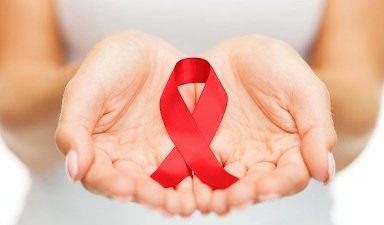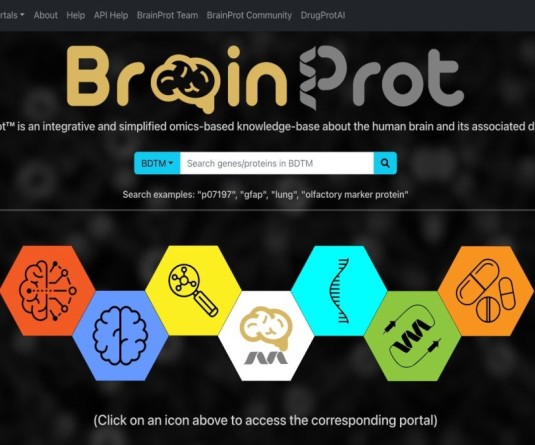HIV

London, Dec 1 (IANS) More than half of European women, particularly those in their 40s, diagnosed at a late stage of HIV infection when their immune system is already starting to fail, says a new study, adding that they are three to four times more likely to be diagnosed late than younger women.
According to 2018 data released by the European Centre for Disease Prevention and Control (ECDC) and the World Health Organization (WHO) Regional Office for Europe, women accounted for one-third of the 1,41, 000 new HIV diagnoses in the region, indicating that this population needs more attention in Europe's prevention and testing efforts.
"Late diagnosis in women indicates that gender-sensitive counselling and testing, including information about sexual health, is not reaching this population. It's time to end the silence about sexual health, especially when it comes to HIV, and ensure that women are well informed and enabled to protect themselves," said Piroska Ostlin, WHO Regional Director for Europe ad interim.
"If we are to achieve universal health coverage, we need to improve prevention, treatment and care for women and reduce missed opportunities for testing those vulnerable to HIV in health facilities and in the community," Ostlin added.
The HIV epidemic in the region is driven by a persistent problem with late diagnosis, and this affects 54 per cent of known cases among women, said the study published in the journal Eurosurveillance.
Such proportions of late diagnoses are partly a result of relatively low HIV testing coverage and uptake in the region and are an indication that sexual risks, including HIV and other sexually transmitted infections, are not being adequately addressed with older adults.
Two-thirds (60 per cent) of the HIV diagnoses among women in 2018 were in the age group 30-49 years old. Heterosexual sex was the most commonly reported HIV transmission mode (92 per cent) among women in the Region.
Countries in central Europe reported almost six times fewer diagnoses among women compared to men in 2018, and three times fewer diagnoses among women than men were reported in the European Union and European Economic Area (EU/EEA).
The only exception is the eastern part of the region, where there is a more even distribution between women and men, and where 86 per cent of the almost 50,000 cases among women were reported in 2018.
"Too many people living with HIV are still not aware of their status. The sooner women and men know of their HIV status, the sooner they can be put on antiretroviral treatment and halt transmission of HIV sexually," said Vytenis Andriukaitis, the European Commissioner for Health and Food Safety.
"We must all ramp up our efforts to halt and reverse the HIV epidemic in order to achieve our Sustainable Development Goals by 2030," Andriukaitis added.






